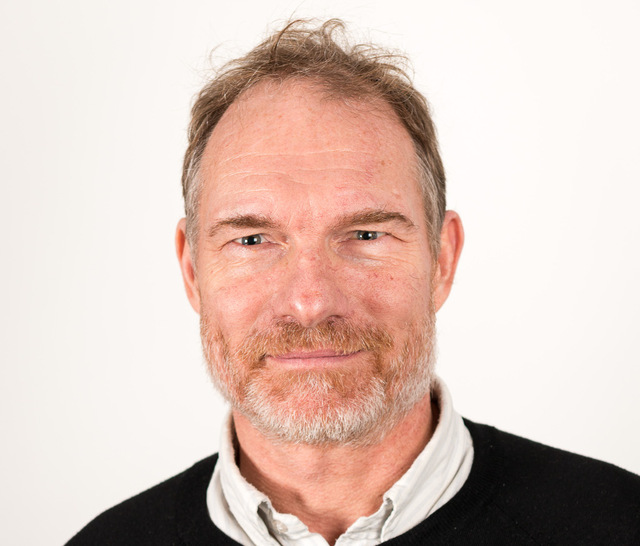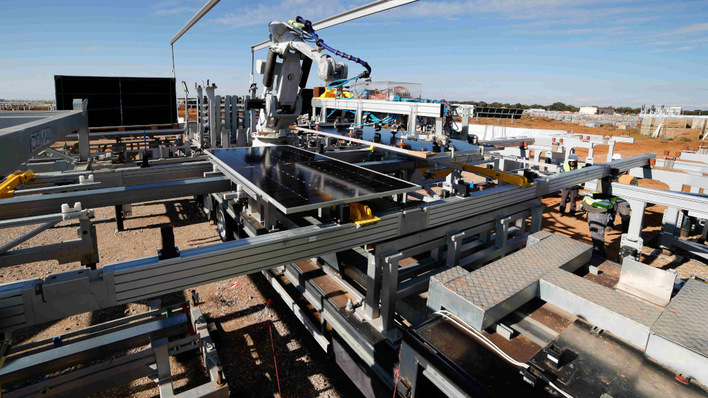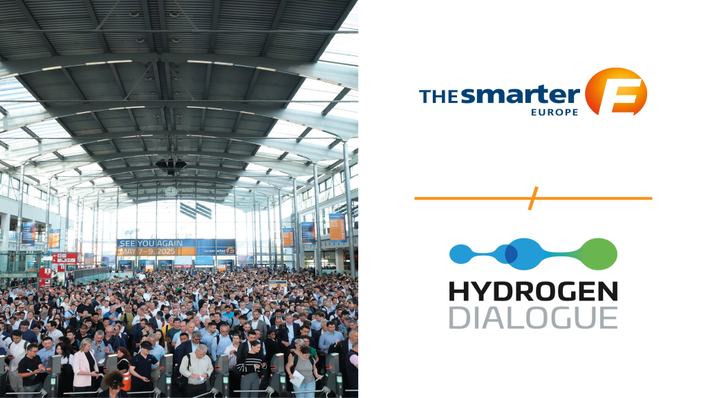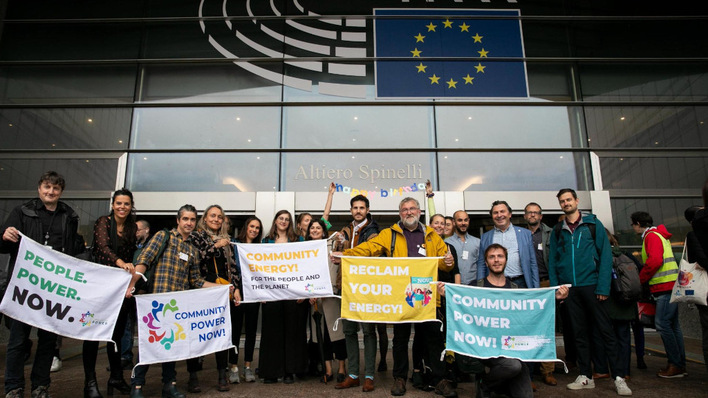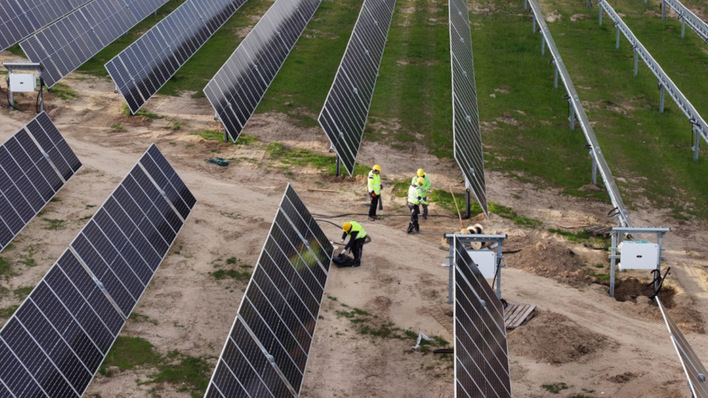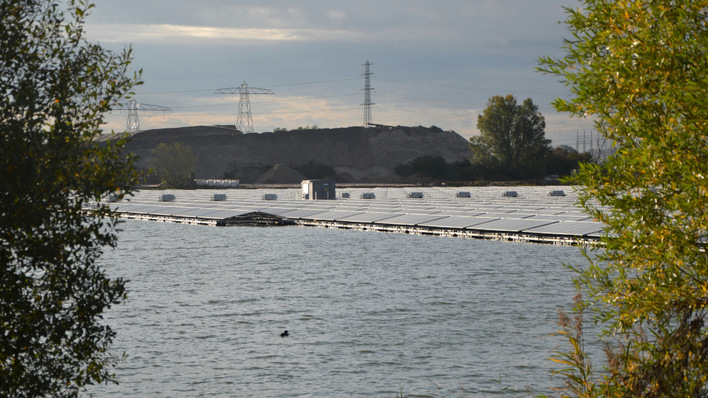According to calculations by PI Berlin, 20 per cent of heating systems could be replaced with storage units of this kind, which would be sufficient to provide balancing power on an hourly basis all year round, plus hydrogen for industry and heavy transport. Heating is on demand, but coupled to hydrogen or to electricity generation.
Even in (final) electricity-led operation, unused heat losses would be efficiently reduced. Switching between the two operating modes is controlled by the feed-in inverter - depending on the frequency and voltage situation at the grid node. The signals thus come directly from the grid and would be obligatory for the operation of the storage unit in case of remuneration of the generated hydrogen/electricity.
Direct signal instead of digitalisation
A direct signal would be technically cleaner than the comprehensive digitalisation of the electricity grid, less risky and better accepted. The construction of further infrastructures is not necessary, with the gas grid being successively converted. Adapting the gas grid to hydrogen is just a throwback to our "city gas" past with a hydrogen share of 51 per cent. The owner or landlord uses heat from the storage unit on site as usual or may continue to charge for it.
See also: Solar module quality has improved according to PI Berlin
The Berlin-based start-up Home Power Solutions is already using this approach for the electricity and heat needs of one- and two-family homes, using only photovoltaics and hydrogen tanks, independent of the grid all year round.
The gas grid as a large, collective storage unit
However, when low-generation urban areas are interconnected with high-generation surrounding areas, compensation for the gas grid feed-in becomes important. Just as in the case of electricity shortages, the feed-in of electricity, which would then also be fair to existing battery storage systems.
After all, the solar battery systems now installed would leave a gigawatt hour of storage capacity lying idle in winter if they were not partly used by innovative sharing communities. But unlike the electricity grid, the gas grid creates both spatial and temporal balance - as a more cost-effective, large and collective storage unit.
Energy citizens are needed again
The investments in photovoltaics and wind came largely from the citizens themselves and were the most important driver for the success of the EEG in Germany and worldwide.
Those who only think about preventing windfall profits have not really understood the function at hand. The commitment of energy citizens is once again needed to boost the storage market as well. 20 per cent of heating energy is consumed in apartment buildings in cities. So why not allow storage units there?
Big industry is failing
Why the market is not working sufficiently for us, see the example of electric mobility: if VW had not been massively pushed, and that from outside politics, we would still be at the level of 2015. At the same time, VW abused its exemption from the EEG levy for the company's own CHPs.
If we were to rely only on our big industry and its business models, we would shift innovation to nowhere and reap harmful windfall profits on a grand scale. We therefore absolutely need new players.
Cautious, yet determined
The energy transition needs the second step, and this must be taken cautiously yet decisively if our industry does not take it (again) without a push. The vision of the decentralised storage CHP unit - as one possibility - will not please the energy industry in principle, but it will please the creative start-ups and the energy citizens who are willing to invest: first the solar system on the roof and then the storage unit in the basement - as the second step. Politics must not be visionary, but were they not already with the Renewable Energy Sources Act? (mfo)
Paul Grunow is Managing Director of the Photovoltaic Institute in Berlin.


